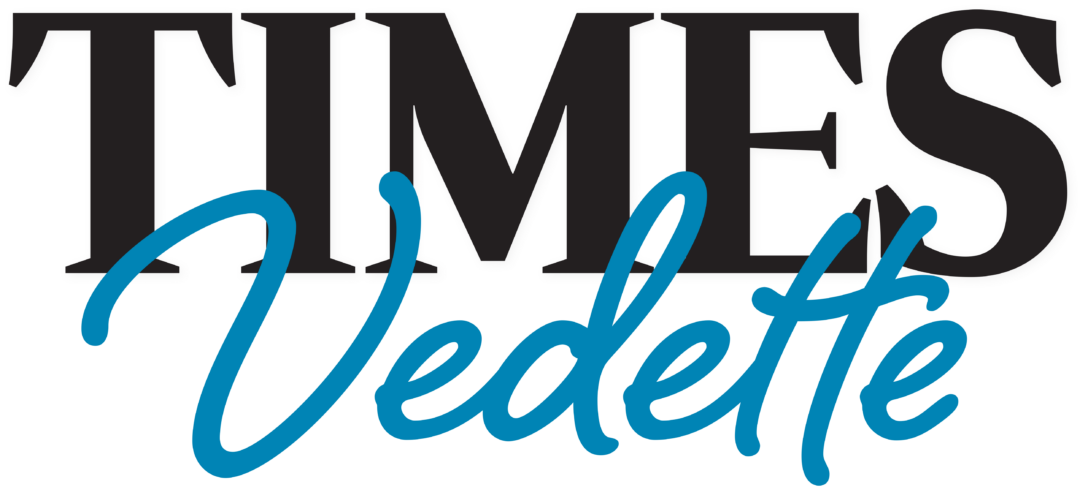
Who deserves credit for the celebrations that we Americans partake in each Fourth of July? The soldiers of the Revolutionary War? The delegates of the Continental Congress? Our first president, George Washington? Or how about Thomas Jefferson, the principal author of the Declaration of Independence and our nation’s third president?
They all deserve recognition for our independence from Britain’s Parliament and King George III, but the primary person to be recognized for the pomp of our Independence Day celebrations is John Adams, a leader of the American Revolution and a Founding Father who served as the second president, and the first vice president, of the United States. Adams regularly corresponded with his wife Abigail, and that is where the planning began. But first, a bit of history and some mildly confusing dates. Follow along.
On July 1, 1776, delegates of the Continental Congress were in Philadelphia to debate whether the 13 original colonies should declare their independence. That night, British ships sailed into New York Harbor, threatening the Continental troops. On July 2, delegates from 12 colonies voted in favor of independence. New York would follow suit on July 9. On July 3, Adams wrote to his wife, Abigail: “The Second Day of July 1776, will be the most memorable Epocha, in the History of America… I am apt to believe that it will be celebrated, by succeeding Generations, as the great anniversary Festival… It ought to be solemnized with Pomp and Parade, with Shews, Games, Sports, Guns, Bells, Bonfires and Illuminations from one End of this Continent to the other from this Time forward forever more.”
OK, so Adams was off on the date. Nobody’s perfect. Congress officially adopted the Declaration of Independence on July 4, but most of the delegates didn’t sign it until Aug. 2. And, to be fair, many recognized the declaration’s first public readings on July 8, but the first truly organized celebration was in Philadelphia on July 4, 1777.
To give further meaning to the July 4 date, Adams lived to experience exactly 50 years of American independence, dying on July 4, 1826, only five hours after Jefferson’s death on the same day.
Keep these facts in mind and be sure to share them with your friends and family when you view fireworks this year.
Have a fantastic Fourth of July, and thanks for reading.
Shane Goodman
Editor and Publisher
Times Vedette digital editions
shane@dmcityview.com
641-755-2115
